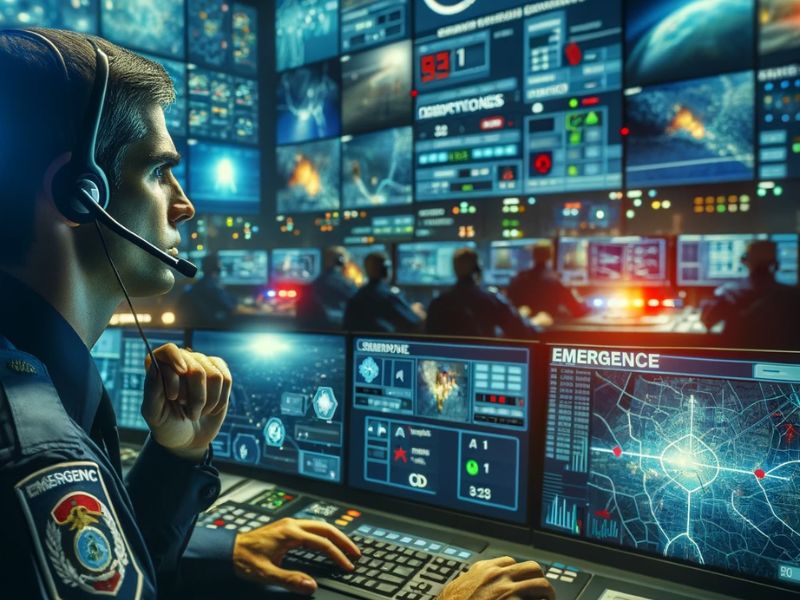
Calm voice in the storm: the invisible heroes of emergencies
Let’s explore the crucial role of emergency call operators in coordinating rescue efforts
In a world where every second counts in emergency situations, the operators who answer rescue calls play a fundamental, often underestimated role in the emergency response system. They are the first line of contact between the public and emergency services, acting as a beacon of hope and guidance in moments of despair and chaos. This article explores the vital importance of emergency operators, their impact on managing critical situations, and the organization of rescue efforts.
The first voice of hope
When dialing the emergency number, the voice that answers the phone is more than just an intermediary; it is a vital source of support, instruction, and comfort. Emergency operators are trained to quickly assess the situation, gather essential information, and provide crucial first aid instructions before rescuers arrive. Their work begins with gathering critical details such as the nature of the emergency, the location, and the number of people involved, and extends to managing the scene over the phone, providing calm and clarity in a sea of confusion.
Training and skills
The training of emergency operators is intensive and covers a wide range of skills, from effective communication to psychological support, from basic medical assessment to managing complex situations such as multiple accidents or natural disasters. These professionals are trained not only to handle a variety of emergency scenarios but also to provide vital emotional support to those experiencing one of the most difficult moments of their lives. Their ability to remain calm under pressure, actively listen, and act quickly can make the difference between life and death.
Role in the rescue chain
Emergency call operators are a crucial link in the rescue chain, ensuring that information is efficiently and accurately transmitted to field rescuers. Their ability to coordinate resources, from deploying ambulances and firefighters to notifying the police and other specialized agencies, ensures that assistance arrives promptly. Additionally, their collaboration with hospitals to pre-alert medical staff about incoming cases helps optimize life-saving treatments, demonstrating the importance of their position within the emergency response system.
Beyond the call: impact on the community
Emergency operators do much more than just answer calls; they play an essential role in educating the community about the appropriate use of emergency numbers, such as 112, 118, or 911, and basic first aid practices. Their presence in awareness campaigns and educational programs helps build a more resilient and prepared community. Recognizing and celebrating the work of these invisible heroes means valuing a fundamental element of our social fabric, one that maintains our collective security and well-being in moments of extreme vulnerability.
While the spotlight often focuses on rescuers arriving on the scene, it is essential to recognize the essential role played by emergency call operators. Their expertise, calmness, and dedication save lives, one call at a time, underscoring the importance of supporting and honoring them as the true invisible heroes they are.
Sources


